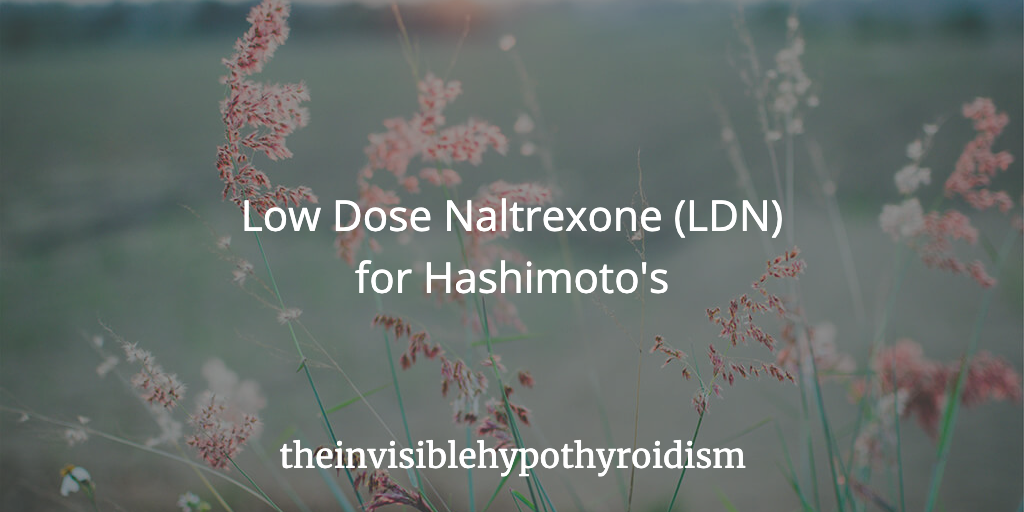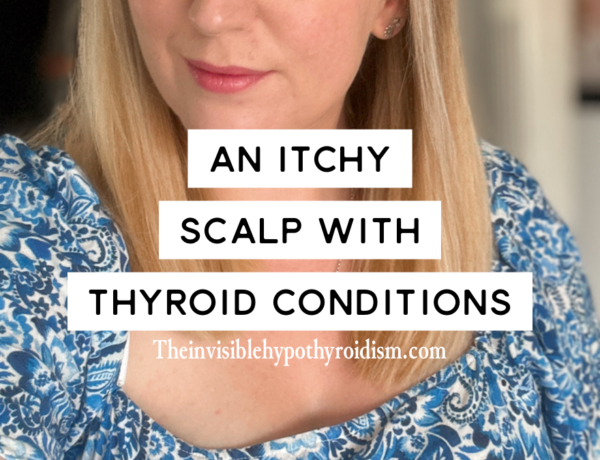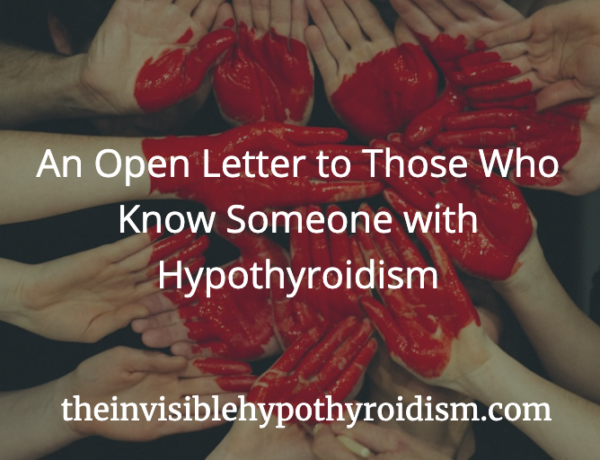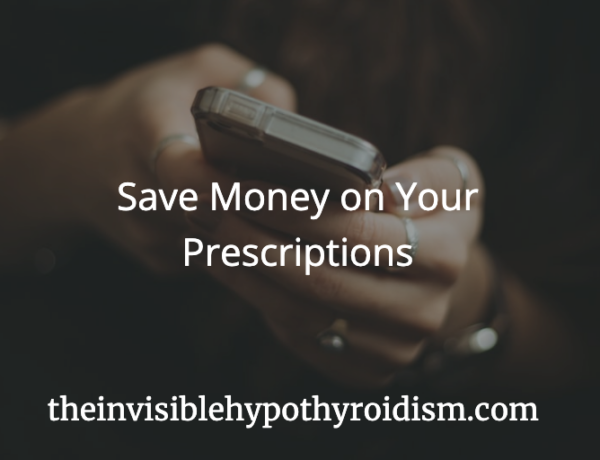Originally published on 16th August 2016 Last updated on 20th November 2023
Just like with the thyroid medications NDT and Liothyronine, most mainstream doctors are not aware of Low Dose Naltrexone (LDN) and even those who are, may not be open to exploring it with their thyroid patients, but it could provide help for those with Hashimoto’s.
What is LDN?
Originally, Naltrexone was an FDA-approved drug, used to help alcoholics and drug addicts free themselves from their addiction. It worked by raising their serotonin levels so that they didn’t miss the alcohol or drugs they were trying to break free from, thus helping withdrawal symptoms. This was usually dosed at 50mg per day.
Soon after its creation, Harvard-educated physician Dr. Bernard Bihari, discovered that a low dose of Naltrexone raised endorphin levels and helped the immune system to act more ‘correctly’. We already know that with Hashimoto’s and other autoimmune diseases, the immune system mistakenly attacks the body’s own tissues, thus functioning incorrectly. You can see an interview with Dr. Bihari about his discovery, here.
What Dose Can Be Effective?
Low dose naltrexone refers to daily doses of naltrexone that are approximately one tenth of the typical dosage.
However, naltrexone is, to date, not licensed as a treatment for autoimmune conditions. This means that further research is needed to confirm its efficacy for these conditions. Until this is completed, the medical community will likely regard LDN as an experimental treatment.
Why Might it Help Hashimoto’s?
Hashimoto’s thyroiditis, more often referred to as just Hashimoto’s, is the autoimmune disease considered to be the most common cause of Hypothyroidism, at around 90% of cases [1].
For many with hypothyroidism, they cite getting the autoimmune aspect under control as crucial to feeling well.
Due to Hashimoto’s being an autoimmune disease, LDN may be beneficial for those with the condition, by reducing their high thyroid antibodies and stopping the progression of the autoimmune disease. Besides improving endorphin production, LDN can also help reduce inflammation and encourage healing. [2]
Thyroid Pharmacist Izabella Wentz conducted a survey among thyroid patients in May 2015, which found that 38% of those who tried LDN reported feeling better, with 48% reporting reduced thyroid antibodies, 61% an improvement in mood, 66% having more energy and 40% saw a reduction in pain. [3]
Some Hashimoto’s patients find that when they start using LDN, they may need to decrease their thyroid medication slightly.
A usual starting dose of LDN is around 1.5mg a day for several weeks before slowly raising to 4.5 mg, taken before bedtime. However, some people may need less. You can get LDN by prescription from your doctor, which is most preferable, or via a compounding pharmacy.
Some patients report they have very vivid dreaming when they start LDN, but this usually goes away. You could opt to take your LDN in the morning instead of night time if this is causing you issues. Work with your doctor/functional practitioner on this.
Advantages to using LDN can include well-managed Hashimoto’s, minor side effects, a low cost and has no known potential to become addictive.
A quote from someone in my Facebook support group, on LDN:
I can’t rave about LDN enough. Although sometimes people take too much the first time and get freaked out by the insomnia that can happen the first few nights. I had a lot of sleep disturbance the first few nights, but on the plus side, I was floating on a cloud of endorphins. I was deliriously happy. By the 4th night I slept extremely well, and the euphoria went away too. I sleep extremely well every night…had 9 hours sleep last night. I was very good and went to bed early – for me.
Disadvantages include there not being much clinical research conducted to date, so long term use and side effects aren’t well-known yet, FertilityCare.net (now known as NeoFertility) used to state on their website that anyone with liver or kidney issues can not use LDN, nor can anyone on immunosuppressive drugs such as steroids, methotrexate or interferon.
I haven’t used LDN myself, so can’t give a personal experience, but the resources are here for you to read and decide if it’s something you want to explore.
Have you tried LDN? Share your experiences in the comments below!
You can click on the hyperlinks in the above post to learn more and see references to information given and see the below link/s.
The Book: The Promise of Low Dose Naltrexone Therapy
References:
[1] https://www.ncbi.nlm.nih.gov/pubmed/3066320
[2] https://www.ncbi.nlm.nih.gov/pmc/articles/PMC3962576/
[3] https://thyroidpharmacist.com/articles/top-9-takeaways-from-2232-people-with-hashimotos/





